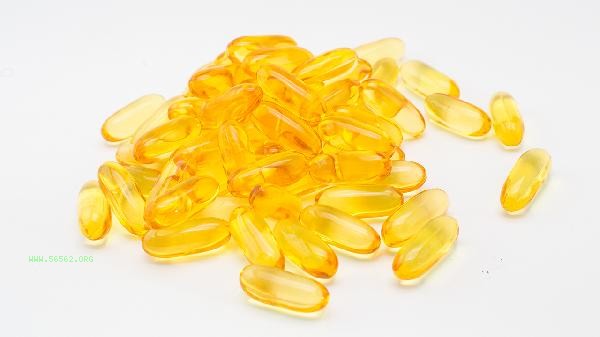The amount of vitamin E that the human body needs to supplement daily varies depending on age and physiological status, and the appropriate intake for adults is 14 milligrams of alpha tocopherol equivalent. The demand for vitamin E supplementation is mainly influenced by daily dietary structure, special physiological stages, disease status, absorption and metabolic efficiency, environmental factors, etc.

1. Daily dietary structure
A diet rich in vegetable oil, nuts, and green leafy vegetables can usually meet the demand for vitamin E. Wheat germ oil contains about 150 milligrams of vitamin E per 100 grams, while consuming 30 grams of almonds daily can provide about 7.5 milligrams. Long term low-fat diet or excessive cooking may lead to insufficient intake, and it is recommended to supplement with a diverse diet.
2. Special physiological stages
Pregnant and lactating women should increase their daily intake to 15-19 milligrams, and premature infants should supplement with 2-10 milligrams per kilogram of body weight. The middle-aged and elderly population may increase their absorption capacity appropriately, but should not exceed the daily limit of 300 milligrams. Athletes or high oxygen consuming groups need to pay attention to their antioxidant needs.
3. Disease status
Patients with malabsorption of fat, such as pancreatitis and Crohn's disease, require additional supplementation. Patients with hereditary ataxia require high-dose treatment, but it must be carried out under the supervision of a doctor. People with hemophilia or vitamin K deficiency should be cautious, as high doses may affect coagulation function.

4. Absorption metabolic efficiency
Vitamin E is a fat soluble nutrient that can increase absorption by about 30% when consumed with high-fat foods. Patients with liver and gallbladder diseases may need to choose water-soluble vitamin E preparations. Genetic polymorphism can lead to differences in absorption between individuals, and blood concentration should be tested if necessary.
5. Environmental factors
Long term exposure to air pollution and ionizing radiation requires increased intake. Smokers consume about 1 milligram of vitamin E per cigarette, and it is recommended to increase it by 5-10 milligrams per day. High altitude residents can increase their intake appropriately due to increased oxidative stress.

Vitamin E supplementation should be mainly based on diet, and supplements should be used with caution. Daily intake exceeding 400 milligrams may cause adverse reactions such as bleeding tendency and thyroid function suppression. Pregnant men should be aware that high doses can reduce sperm motility. It is recommended to regularly monitor the serum alpha tocopherol concentration and maintain it within the range of 12-46 μ mol/L. Choosing olive oil for low-temperature quick stir frying during cooking can reduce nutrient loss, while pairing with vitamin C foods can enhance antioxidant synergy. Special populations should develop personalized supplementation plans under the guidance of nutritionists.



Comments (0)
Leave a Comment
No comments yet
Be the first to share your thoughts!